When Centrelink gets it wrong, the stakes are life-changing. For many Queenslanders, that can mean months without income, medication or stable housing while they wait for a decision to be reviewed.
Basic Rights Queensland (BRQ) says the system designed to correct these mistakes is itself broken — and has called for urgent reform in a submission to the Administrative Review Council (ARC). The ARC is examining whether new structures and processes at the Administrative Review Tribunal (ART) are delivering on their promise of fairness, timeliness and accessibility.
In our submission, BRQ told the inquiry that internal reviews by Authorised Review Officers (AROs) at Services Australia remain slow and inconsistent. Clients are still waiting anywhere from six months to two years for decisions – leaving many without income support while they appeal.
Even when decisions arrive, the letters are often dense and confusing. “Our clients routinely struggle to understand why their claim was rejected, or how to exercise their right to review,” the submission says. BRQ has called for plain-language, trauma-informed communication and for enforceable timeframes to end excessive delays.
The organisation also wants Services Australia staff to be required to tell people that they can request a review within 13 weeks (even if they don’t yet have all the evidence) so they don’t lose arrears they may be entitled to.
While much of BRQ’s focus was on Services Australia, the submission also raised serious concerns about the ART itself. Since the new body replaced the AAT in 2024, Tier 2 of the tribunal has been plagued by IT failures, administrative delays and communication breakdowns.
By contrast, Tier 1 remains a crucial safeguard: it is faster, less formal, and gives applicants the chance to explain their story without the Department present. “The non-adversarial nature of Tier 1 is vital,” BRQ said. “Removing it would risk discouraging people from appealing life-changing decisions.”
The submission urges the ARC to retain the two-tier model but fix Tier 2 by improving case management, communication and resourcing.
Another strong theme in BRQ’s submission was the importance of independent legal advice. For many people, simply understanding Services Australia’s reasoning and knowing how to gather the right evidence requires expert help.
BRQ has run a duty lawyer service at the tribunal for more than 15 years, but recent changes to case management have made it harder for applicants to access the service. BRQ is calling for duty lawyer programs to be fully funded across Australia and offered to every person lodging an appeal.
The ARC’s inquiry is the first major test of the ART’s design. For BRQ, the message is clear: people who rely on social security need a system that is quick, clear, fair and humane.
“Too often our clients are left in limbo — without income, without clarity, and without hope,” said Nali Wardill, managing lawyer of BRQ’s social security rights service. “This review is a chance to reset the system so that people’s rights are respected, and errors are corrected quickly and fairly.”

